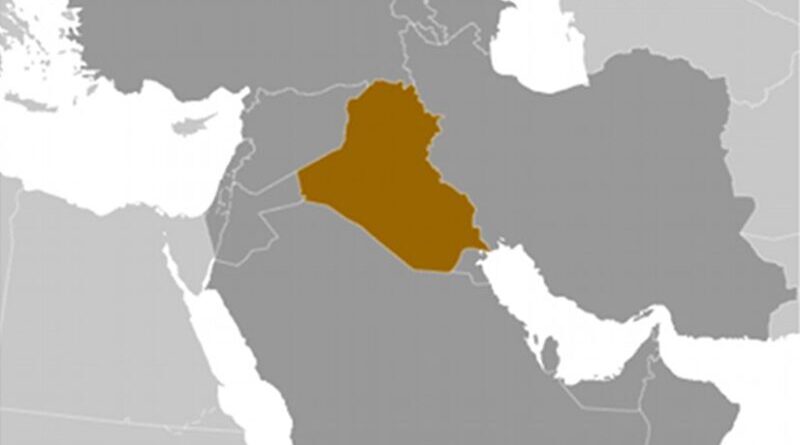Iraq: KRG Restrictions Harm Yezidi Recovery, Says HRW
The Kurdistan Regional Government (KRG) in Iraq has placed disproportionate restrictions on the movement of goods into and out of the district of Sinjar, the center for Iraq’s Yezidi religious minority.
KRG officials say that the KRG is concerned about the activities of the Kurdistan Workers’ Party (PKK), an armed Kurdish militant organization that has forces in Sinjar, mostly made up of Yezidi fighters, and has de facto free movement across the border into Syria. But, just two years after the people of the district were subjected to violent attacks and abuses by the Islamic State (also known as ISIS), blanket KRG restrictions disproportionate to any possible security considerations are causing unnecessary harm to people’s access to food, water, livelihoods, and other fundamental rights.
“After the devastating ISIS attacks on the area and slaughter of the Yezidi population two years ago, the KRG’s restrictions are another serious blow,” said Lama Fakih, deputy Middle East director at Human Rights Watch. “The KRG should be working to facilitate access to Sinjar for the hundreds of Yezidi civilians wishing to return to their homes, not adding more barriers to their recovery.”
Before August 2014, Sinjar was home to 360,000 Yezidis. ISIS fighters have killed between 2,000 and 5,500 Yezidis since August 3, 2014, and abducted an estimated 6,386, according to a recent United Nations report. The ISIS attacks displaced at least 90 percent of the Yezidi population from Sinjar. Over 180,000 displaced Yezidis are in camps in the Kurdistan Region of Iraq (KRI). Only a small number of Yezidis have returned.
Sinjar is technically under Iraqi central government administrative control, but KRG security and military forces are present and active within Sinjar. KRG forces control the one main road from Sinjar in to the KRI. ISIS still controls the main roads from Sinjar to other parts of Iraq.
In August 2016, Human Rights Watch visited four camps for internally displaced people in Dohuk, in the KRI, and four towns in northern Sinjar, and interviewed 67 displaced people and local residents. Interviewees included residents who had tried to take produce from their farmland or personal property from their homes out of Sinjar but were restricted from doing so by KRG security forces, and those who had tried to take in food and other supplies to family members who returned to Sinjar and were stopped and returned by KRG forces.
Since the ISIS attack on Sinjar in 2014, the only route out of Sinjar into Iraq not controlled by ISIS is via the Suhaila bridge crossing, two kilometers from the Syrian border, which is controlled by KRG forces. Southern Sinjar is still under ISIS control.

